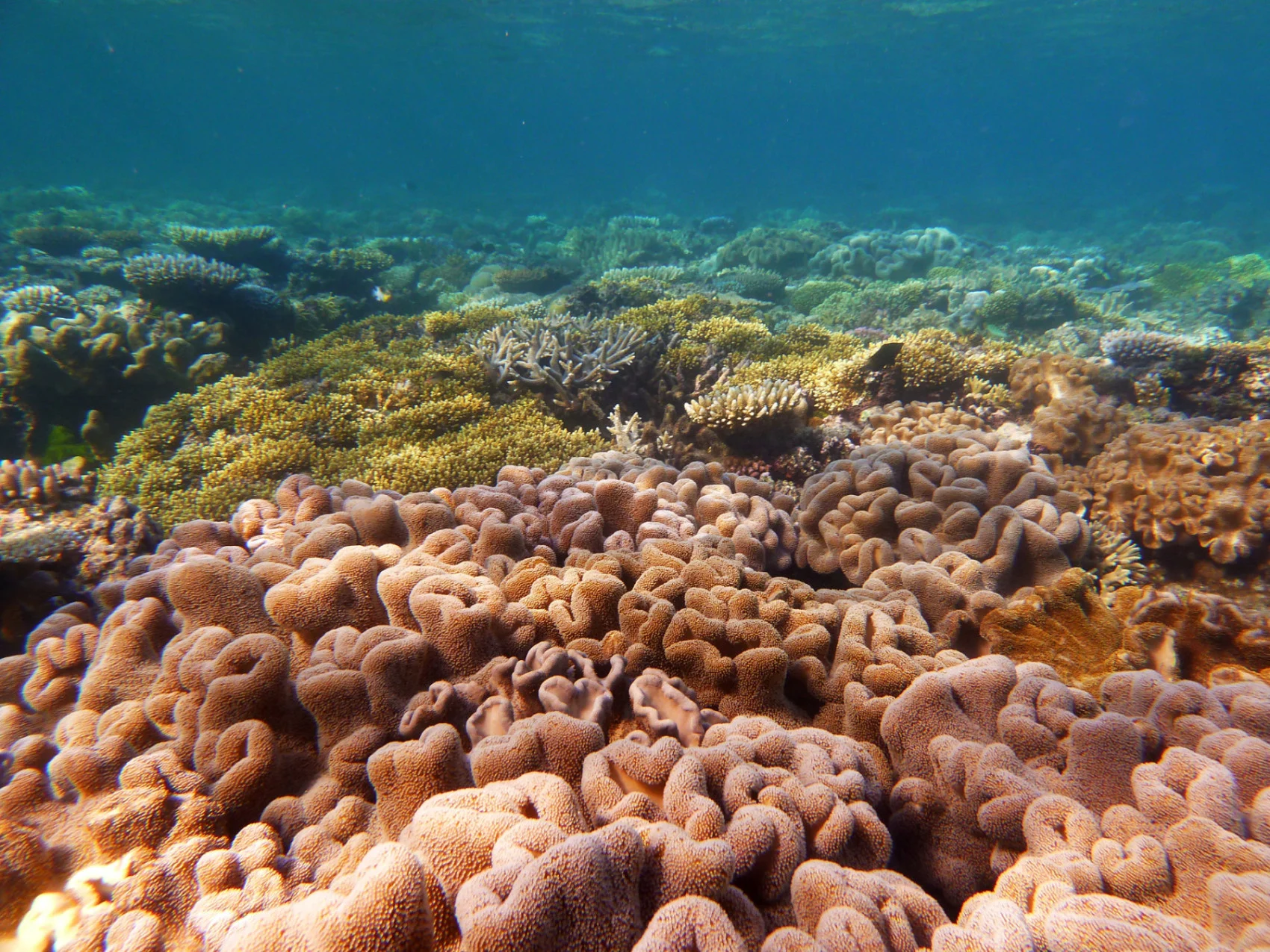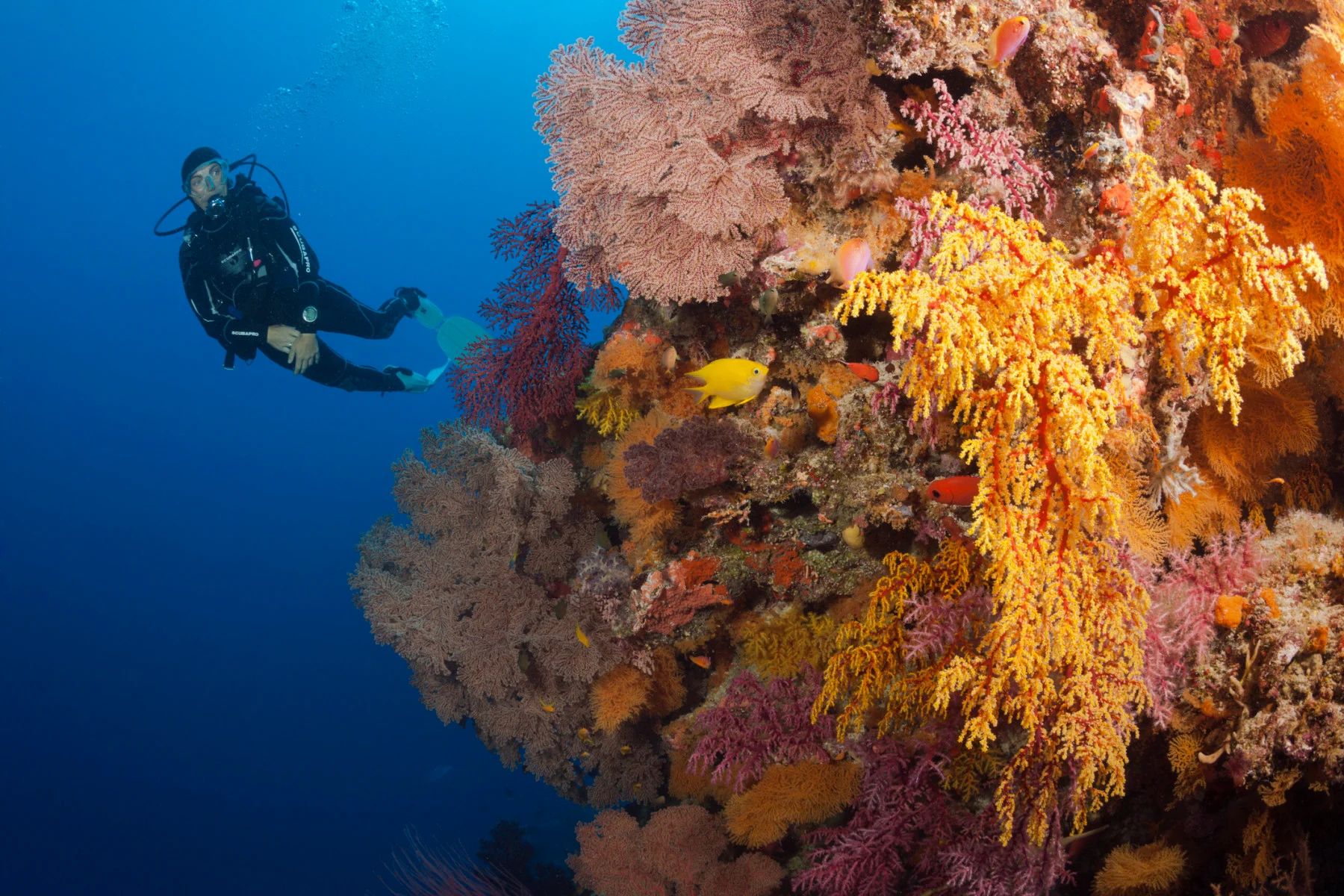
Over 90% of the Great Barrier Reef suffered bleaching in 2022
Climate change is the greatest threat to the Great Barrier Reef, experts say.
The Great Barrier Reef experienced its fourth mass bleaching event on record in 2022 and scientists from an Australian government agency, the Great Barrier Reef Marine Park Authority (GBRMPA), stated that 91 per cent of the reefs surveyed were affected.
This mass bleaching event occurred in March and the latest report from the agency revealed that out of the 719 reefs surveyed by low-flying aircraft, 654 showed bleaching.
The reef system stretches approximately 2,300 km in length and up to 250 km in width, making it the largest coral reef ecosystem on Earth.
In addition to being a refuge for thousands of unique oceanic species, the Great Barrier Reef’s health is essential for protecting coastal communities from storm surges and supporting other species, such as seagrass, that capture significant amounts of carbon dioxide from the atmosphere.

Coral bleaching on the Great Barrier Reef during a mass bleaching event in 2017. (Brett Monroe Garner/ Moment/ Getty Images)
The agency stated that ocean temperatures began warming past historical summer maximums in December 2021 and continued to accumulate heat until early April 2022, which was the cause of the 2022 mass bleaching event.
A 1°C increase in above average maximum sea temperature for four weeks can result in coral bleaching and death. In March, sea surface temperatures up to 4°C above normal were recorded around parts of the central Reef in the Townsville region.
Even when ocean temperatures quickly return to normal, the impacts of heat stress can be prolonged and it can take up to eight months for the coral reefs to recover from heat stress.

A scuba diver over Coral Reef, Osprey Reef, Coral Sea, Australia. (Reinhard Dirscherl/ The Image Bank/ Getty Images)
The most recent mass bleaching event is the fourth to occur in the past seven years. According to GBRMPA, there are four key stresses on coral reefs: rising ocean temperatures, cyclones and storms, flood plumes, and Crown-of-thorns starfish outbreaks.
“Climate change is the greatest threat to the Great Barrier Reef. Only the strongest and fastest possible actions to decrease global greenhouse gas emissions will reduce the risks and limit the impacts of climate change on the Reef,” stated GBRMPA.
Thumbnail image: Coral bleaching at the Great Barrier Reef, Cairns, Australia. (Lindsay Lou/ iStock/ Getty Images Plus)












